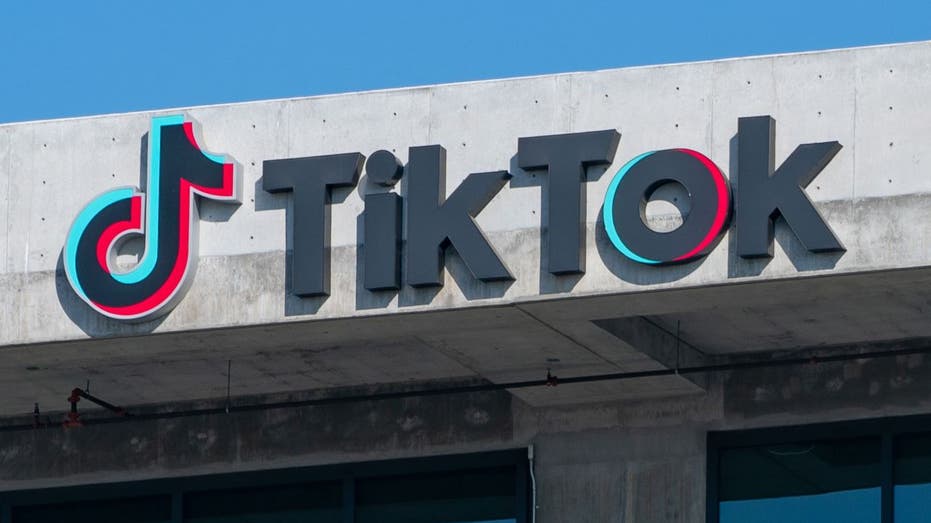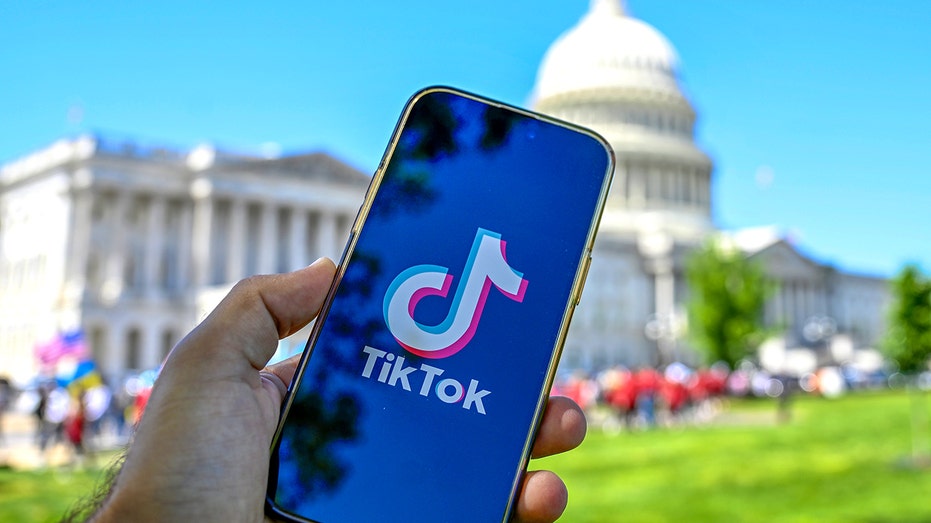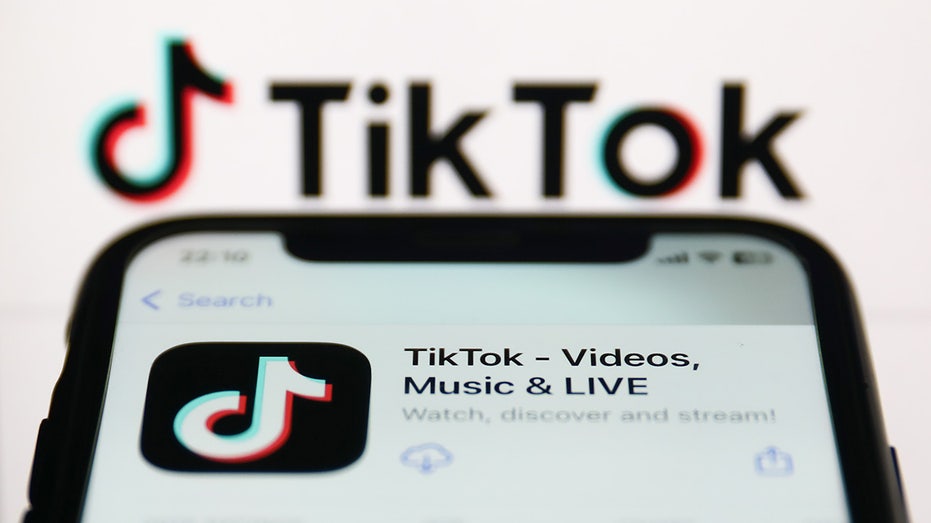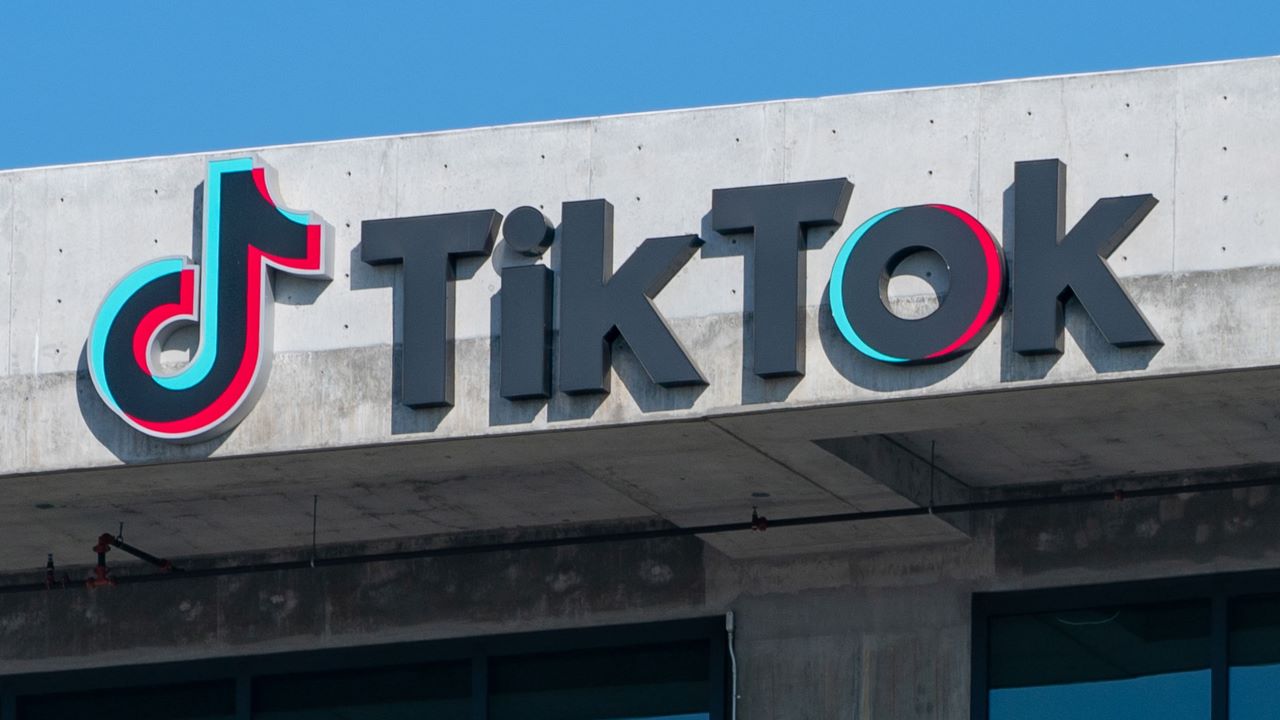TikTok says US ban is inevitable unless law requiring divestment is blocked
TikTok says that the Chinese government won't allow the app's US operations to be divested
Kevin O’Leary: You could invest as little as $250 in my TikTok crowdfunding
OLeary Ventures Chairman Kevin OLeary discusses his plans to buy TikTok as Congress voices its concerns over Chinese spying on The Claman Countdown.
Social media platform TikTok on Thursday called for a federal court to strike down the law that requires its China-based parent company ByteDance to divest the app or face a ban in January, arguing the federal government refused to engage in settlement negotiations after 2022.
President Biden signed the bipartisan legislation into law in April, which gives ByteDance until Jan. 19 to divest TikTok's U.S. assets or face a ban on the short video app used by 170 million Americans.
Congress and the White House enacted the law – which covers apps owned by companies in adversarial foreign countries like China – amid concerns about the ability of the Chinese government to access TikTok's data on American users or leverage the platform to push propaganda.
ByteDance argues that divesting TikTok's U.S. assets is "not possible technologically, commercially, or legally."
FTC REFERS COMPLAINT AGAINST TIKTOK TO JUSTICE DEPARTMENT OVER CHILD PRIVACY VIOLATIONS

TikTok argues in its lawsuit that it's not feasible for China-based parent company ByteDance to divest its assets and that doing so would undermine free speech. (Photo by AaronP/Bauer-Griffin/GC Images / Getty Images)
The U.S. Court of Appeals for the District of Columbia is set to hold oral arguments on lawsuits filed by TikTok and ByteDance as well as TikTok users on Sept. 16. The outcome of the case may determine the social media platform's fate in the U.S. and how the federal government can use its authority to place restrictions on apps owned by companies from adversarial foreign countries.
The law prohibits app stores like those operated by Apple and Google from offering apps owned by companies located in adversarial foreign countries like China, and applies a similar prohibition to internet hosting services unless apps like TikTok are divested.
BIDEN ADMIN, TIKTOK ASK COURT TO FAST-TRACK PIVOTAL RULING TO DECIDE FATE OF SOCIAL MEDIA PLATFORM

The federal law requires foreign-owned apps from adversarial countries to be divested or U.S.-based app stores and internet service providers will be required to ban it. (Photo by Celal Gunes/Anadolu via Getty Images / Getty Images)
"This law is a radical departure from this country's tradition of championing an open Internet, and sets a dangerous precedent allowing the political branches to target a disfavored speech platform and force it to sell or shut down," ByteDance and TikTok argued in the filing.
TikTok claims that any divestiture or separation would take years, even if it's technically possible, and that it would undermine the First Amendment.
The company adds that the law unfairly singles out TikTok for punitive treatment and "ignores many applications with substantial operations in China that collect large amounts of U.S. user data, as well as the many U.S. companies that develop software and employ engineers in China."
BILLIONAIRE REAL ESTATE MOGUL ORGANIZING 'PEOPLE'S BID' TO BUY TIKTOK

TikTok says China's government will not allow a forced divestment. (Jakub Porzycki/NurPhoto via Getty Images / Getty Images)
ByteDance said the U.S. government ended lengthy talks about a potential settlement and made public a redacted version of a 100-plus page draft version of a national security agreement to secure U.S. TikTok user data, adding that it spent over $2 billion on the effort.
The draft agreement would have given the U.S. government a "kill switch" to suspend TikTok in the U.S. if the government determined it didn't comply with the agreement and that the company's source code would be moved out of China.
TikTok lawyers wrote an email to the Justice Department on April 1 that was made public Thursday that said, "This administration has determined that it prefers to try to shut down TikTok in the United States and eliminate a platform of speech for 170 million Americans, rather than continue to work on a practical, feasible, and effective solution to protect U.S. users through an enforceable agreement with the U.S. government."
GET FOX BUSINESS ON THE GO BY CLICKING HERE
The legal filing also notes the "Chinese government regulates the transfer of technologies developed in China" and that the "Chinese government has made clear in public statements that it would not permit a forced divestment of the recommendation engine."
Reuters contributed to this report.




















